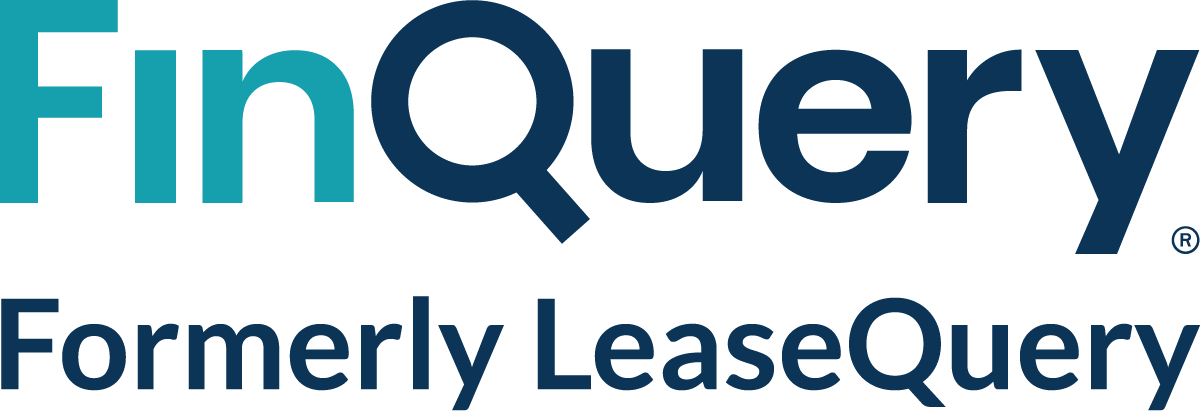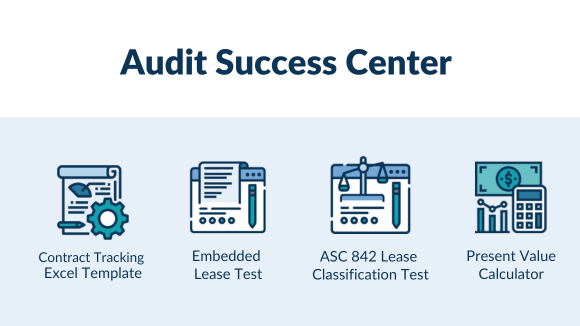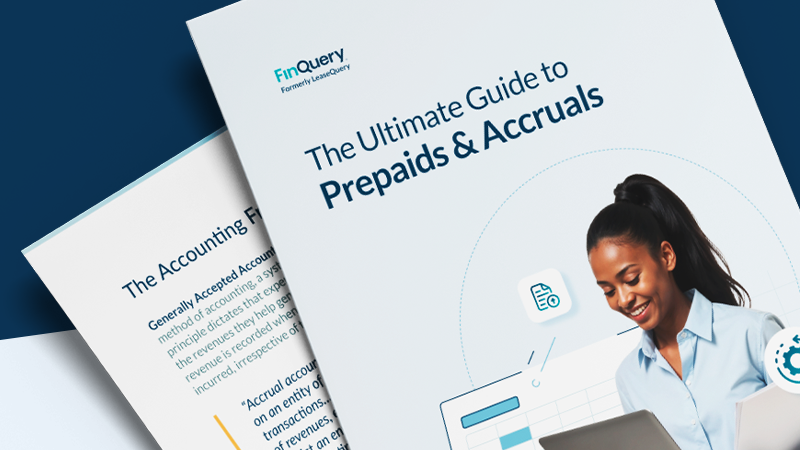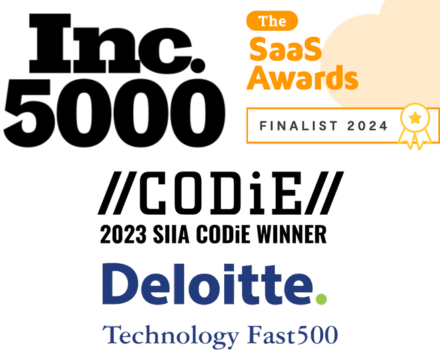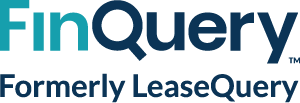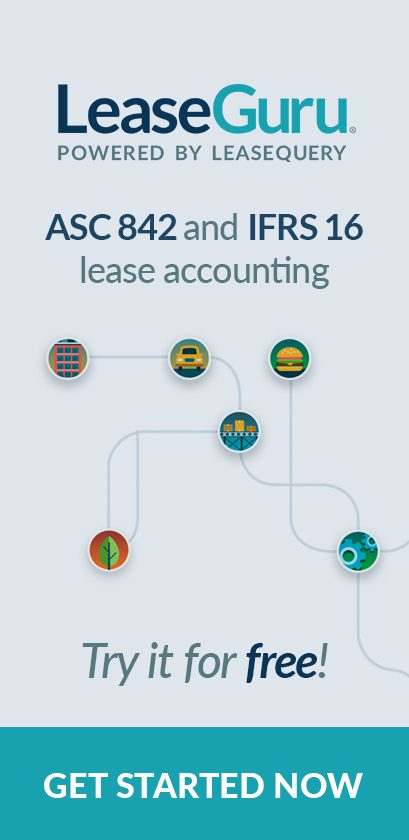The new lease accounting standards affect every business, no matter the size or sector. However, most small businesses also lack the resources to adopt the new lease accounting standard. The transition process is not an easy one – according to a recent survey, 67% of public companies found it to be more difficult than initially anticipated. Many small businesses plan to transition using Excel, but the reality is unlike lease accounting software, Excel simply does not have the capability to handle the complexities of lease accounting.
Complying with the new standards is a headache – especially in Excel
Excel is a great tool but when it comes to leases, it leaves a lot to be desired. Handling your lease accounting in Excel can lead to:
- Late or overpaid rent payments
- Inaccurate lease information
- Calculation errors
- Data breaches
- Missed renewal dates
- Loss of historical information when a person leaves
While it may be hard to overlook the desire for the simple, customizable worksheets that come free with Excel, users will eventually discover the host of problems that may arise within the system. Time wasted digging through inaccurate spreadsheets is time that could be spent achieving compliance and focusing on your business.
Investing in technology can prevent non-compliance
It can be difficult to get buy-in from key decision-makers when it comes to new lease accounting software for your small business. Most small business owners are concerned about their company’s budget, resources, and time. Showing the ROI, cost savings, and why outsourcing is not a good solution can help.
When it comes to your leases, you want to be sure to find a solution that will be good for your employees, your leases, and your bottom line. Transitioning to the new lease accounting standard is challenging – how can you find a software that will help you adopt the new standard with minimal business disruption?
Here are a few tips to help small businesses get started in assessing their lease accounting needs:
1. Listen to your peers
Read reviews before choosing a lease accounting software. Doing so will help you learn about the product’s capabilities. Websites like Capterra and G2 Crowd are great sources of information and feature comparison tables as well as reviews from hundreds of accountants like you. Make sure that accountants are the ones leaving reviews for the lease accounting software, not property managers or lease administrators.
2. Evaluate the software’s features
In addition to reading reviews, you should review each software’s features. The right software will be easy for your team to use and robust enough to handle your lease portfolio. Some features to look for:
- Ledger agnostic journal entries – You need software that offers the ability to pull a generic CSV format file that can easily be manipulated to any ledger or ERP, saving you time. It should also calculate the right-of-use (ROU) asset and lease liability under the new accounting rules.
- Lease and non-lease component assessment – Combining lease and non-lease components are one of the most misunderstood practical expedients. Both lease and non-lease components should be identified for each lease, and the right software should be able to identify and appropriately account for fixed and variable consideration that make up the total lease payments.
- Required quantitative disclosure report – Without assistance from a lease accounting software provider, compiling the supporting data for quantitative disclosures can be a time-consuming task for a company. The right software offers both ASC 842 and IFRS 16 Complete Disclosure reports for your entire lease portfolio.
- Detailed amortization schedules – Relying on Excel to build out amortization schedules takes time out of your day. The right lease accounting software will simply ask you to input your base rent and will instantly generate your amortization schedules, minimizing complex calculations and user error.
LeaseGuru by LeaseQuery is a new software specifically designed to do all of this for small businesses. Add 2 leases for free to try it out!
3. Analyze your budget
Lease accounting software is an investment even for Fortune 500 companies. You want a lease accounting software that has reasonable pricing but that actually works, both for your transition and on a go-forward basis. A software like LeaseGuru, powered by LeaseQuery, is the perfect tool for small businesses looking for an affordable solution to account for their leases with confidence. You can add 2 leases for free and access premium plans with more features and leases starting out at just $250/year.
LeaseGuru is the perfect solution for public or private companies with a smaller lease portfolio looking to comply with FASB and IASB standards. Create your free account to try LeaseGuru today for your small business.
